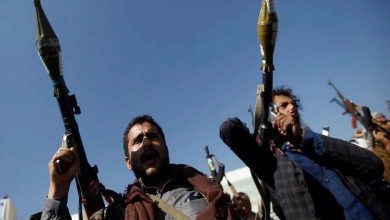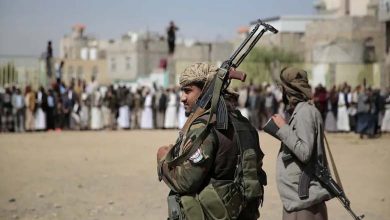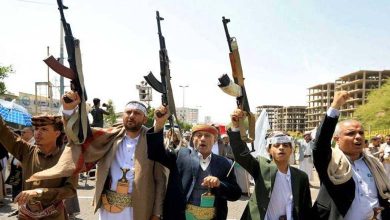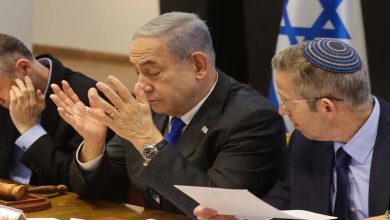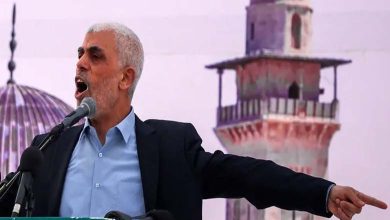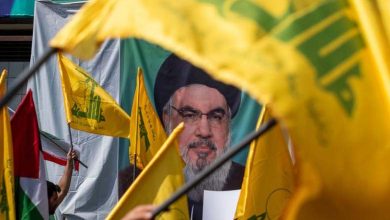Al-Sadr’s veto against the government of Al-Sudani – Details
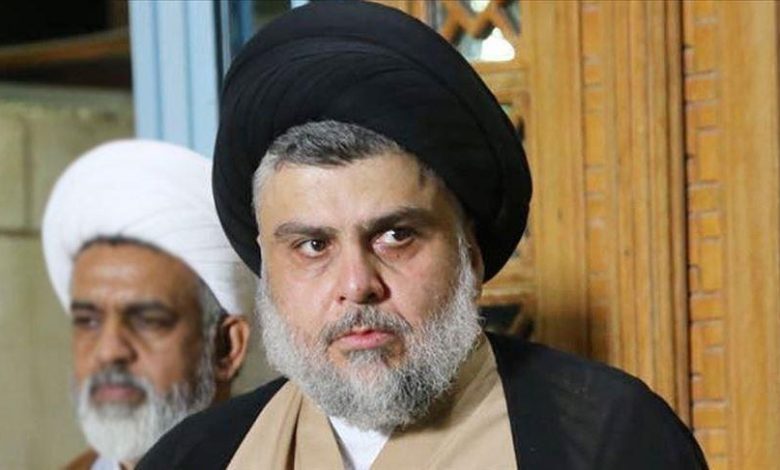
As Iraq took a step toward ending the year-long political stalemate by electing a president and appointing a prime minister, the winds were not what the ships wanted.
Two days after the appointment of Mohammed Shia’ Al Sudani as prime minister, this assignment hit rock-bottom. Al-Sudani announced her categorical rejection of this government, which she described as a “militia government.” It confirmed that she “disowns” it and any of its members who might participate in it.
This Sadrist rock has raised many concerns in Iraqi political circles, especially since the Sadrist movement, headed by Muqtada al-Sadr, has many supporters on the street and may be brandishing the weapons of protests to topple the fledgling government.
However, a few hours after the Sadrist bloc’s statement, which was published by Al-Sadr’s minister Saleh Mohammed Al-Iraqi, Prime Minister-designate Mohammed Shia’ Al Sudani “ignored it” and began his duties at the government palace.
Al-Sudani’s office said in a statement that the prime minister-designate “began his duties at the government palace to hold his meetings in preparation for presenting the members of the cabinet to parliament and winning confidence.”
But did the Sadrist movement’s rejection of the fledgling government “ignore” it? Could it be a way forward? Or are there other cards of the Sadrist movement that he may push in the future to bring things back to square one.
Falah al-Dhahabi, an Iraqi political analyst, said in a statement carried by Al-Ain News that the Sadrist movement has many faces, pointing out that its resort to escalation in the street depends on the performance of the new government.
Al-Sadr rejects his movement’s participation in the new Iraqi government
The Sadrist movement is betting on the nature of preparedness in the street, and that this ground is ready to take a stand against the government, the Iraqi political analyst explained. He said, however, that Al-Sudani has quick plans.
He said the government would move forward, but warned that “any delay will be ready for by the Sadrists.”
He stressed that the government of Al-Sudani will be formed, but if it follows the example of previous governments, it will not last long. He noted that the coordinating framework knows the extent of the danger.
Salam al-Zubaidi, a member of the Nasr Coalition, said that the political process could proceed without the consent of all parties and without a judicial formula or marginalization of any party.
He warned that the fall would be bigger than the current political impasse, expressing his hopes that the coming days would bring harmony with the Sadrist movement.
Iraqi political analyst Omar al-Nasser said al-Sadr’s positions have been against any consensus government since the beginning. He said the leader of the Sadrist movement wants to form a national majority government to rebuild the Iraqi political system, and the task of the next government is “a very sensitive one.”
“The government of Al-Sudani will be exceptional and an achievement government regardless of its age,” said Hamed al-Musawi, a member of the Fatah Alliance, adding that the international community will support the new government.
He stressed that “the early elections will remain governed by the procedures of the High Electoral Commission, as the new election law will determine the date.”
Shiite leader Muqtada Al-Sadr had announced his rejection of the participation of his movement in the new Iraqi government, describing the government of Al-Sudani as “subordinate to a tested militia”, and categorically that it will not meet the aspirations of the Iraqi people.
Saleh Mohammed Al-Iraqi, spokesman for the Shiite leader Muqtada Al-Sadr, said in a statement, “We emphasize our categorical, clear and explicit rejection of the participation of any of our followers who are in the previous or current governments, or who are outside of them, or who have defected from us previously or later, whether from inside or outside Iraq, or any of those who are directly or indirectly affiliated with us, even at all, with any excuse or pretext whatsoever in this government formation headed by the current candidate or other old faces or affiliated with the corrupt.”
Since last Thursday, there has been optimism in Iraq after parliament succeeded in electing Abdullatif Rashid, a member of the Patriotic Union of Kurdistan, as president and tasking the largest parliamentary bloc with presenting its candidate to form a cabinet. However, the statement of the Sadrist movement raised fears of the coming days in the oil-rich country.




